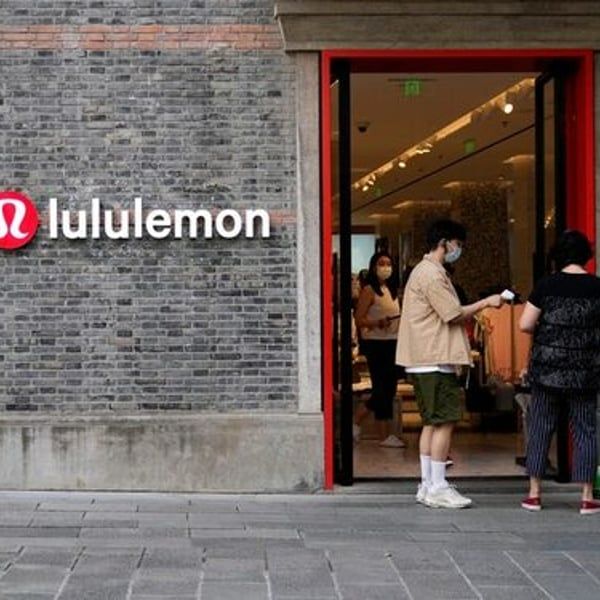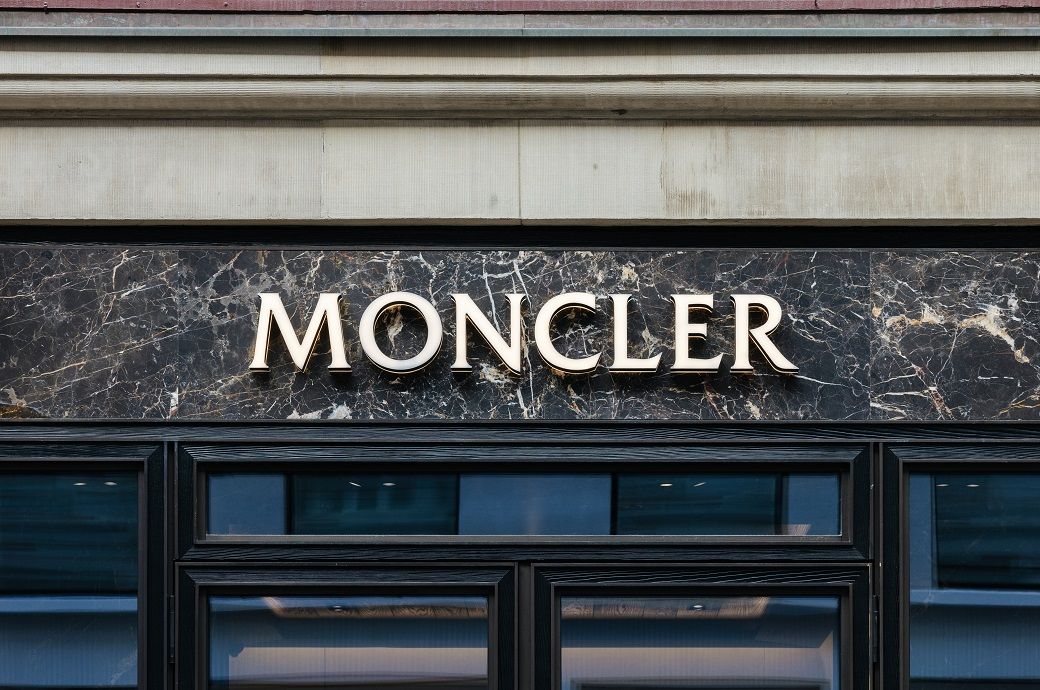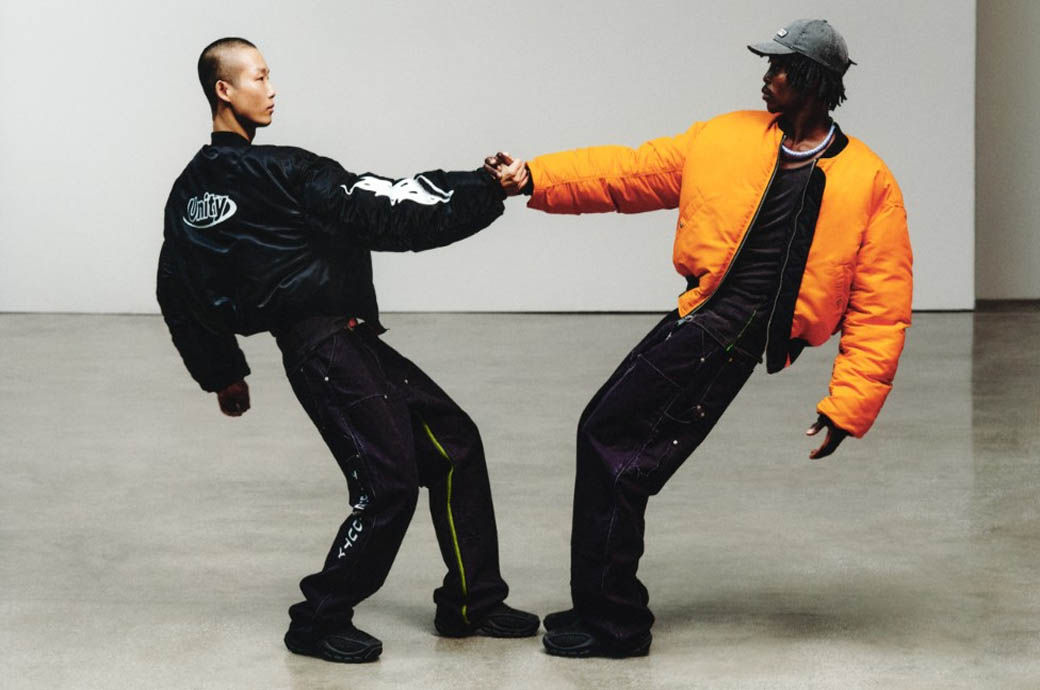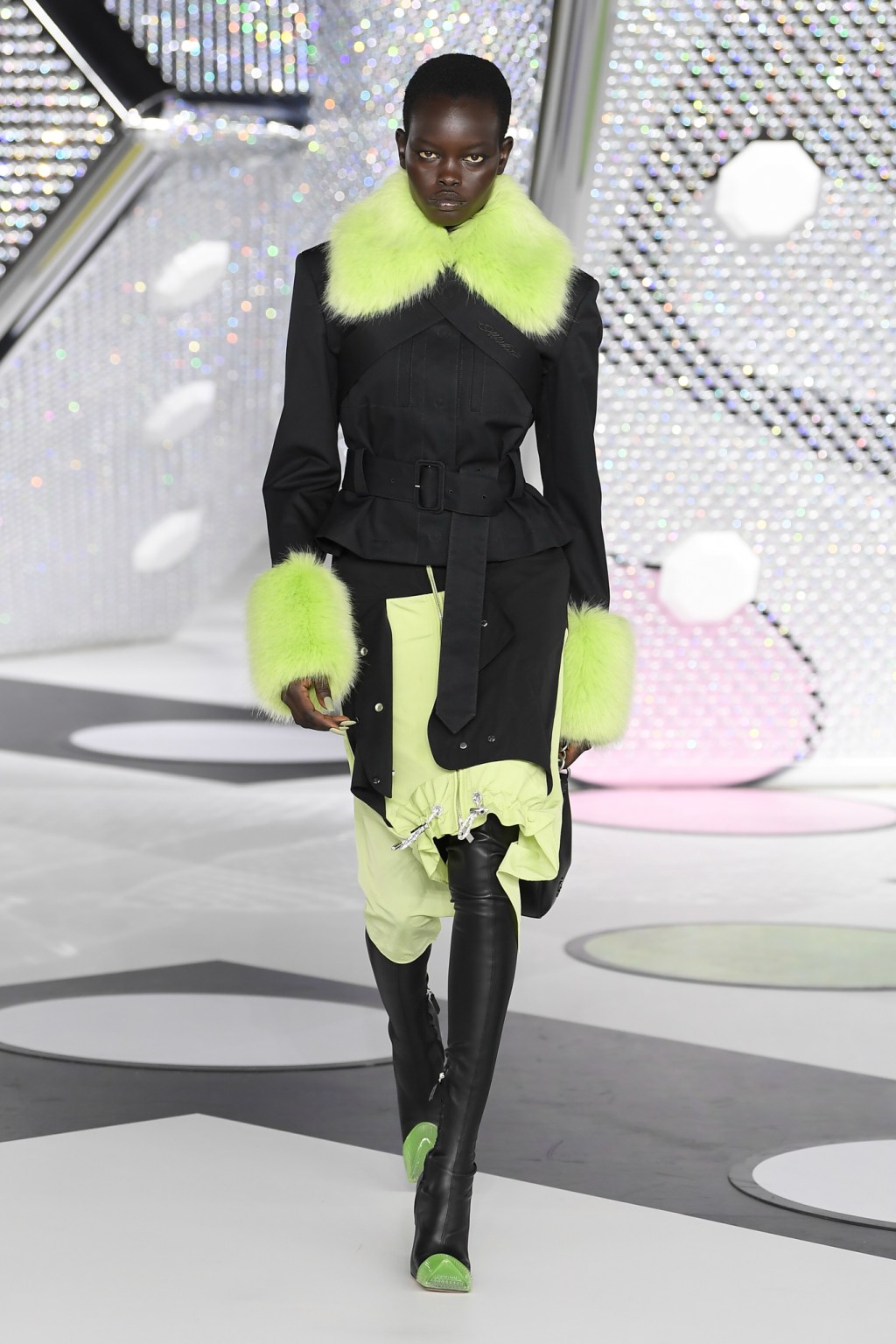By
Reuters
Published
June 11, 2024
Premium sportswear brands are enjoying strong growth in China as they court their biggest customers directly, dealing another setback for megabrands Nike and Adidas as they battle local competitors in the 55-yard sportswear market. billion dollars.
Sportswear is a rare bright spot in China's sluggish consumer market, as health and wellness has become a priority for aspirational middle-class consumers after the pandemic, and many people practice activities such as yoga, hiking and running for the first time.
The market, the world's largest after the United States, is forecast to grow 7% this year to $59 billion, outpacing expected 0.8% growth in non-sports clothing and footwear, according to Euromonitor data.
While this should be good news for market leaders Nike, Adidas, Anta and Li Ning, it's even better for more expensive brands like Lululemon and specialist sneaker makers On and Hoka, all of which have favored people wearing social media influencers and community-targeted marketing rather than the celebrity-led campaigns that larger brands have traditionally relied on.
“Many Chinese women are new to the sport and feel a little intimidated,” said Ning Zheng, 33, a fitness model with several thousand followers on the Instagram-like platform Xiaohongshu, who said she has partnered with most international sports brands. operating in China in some way.
“But if other people in their yoga studio or running groups, or someone they associate with online, use a brand, they think it might be good for them, too,” he added.
On and Hoka are relatively new to the market, meaning their growth will naturally outpace that of more established rivals. But the more share they take from the market, the less everyone else has left.
On does not break out figures for China, but its sales growth in Asia Pacific increased 69% in the first quarter and accounted for more than 10% of global revenue for the first time. Its co-CEO said on a recent earnings call that the company expects China alone to account for 10% of total revenue before long.
By comparison, Nike's sales in the Greater China market rose 4.5% in its most recent quarter, although on a much higher base than its smaller rivals. It reported selling about $7 billion of footwear and apparel in Greater China in its fiscal 2023. Adidas grew its China business 8% in its first quarter.
“As the market matures, growth will increasingly favor niche categories and brands,” said Lina Yan, a consumer analyst at HSBC.
Compared to other premium brands, Lululemon is a veteran with a decade-long presence in China. It took a slow and steady expansion approach, opening its 100th store last year to coincide with its 10th anniversary, but has since stepped up its strategy, saying it intends to have 220 stores by 2026.
The Canadian yoga clothing maker, which relies heavily on targeted marketing, reported 45% growth in China, the world's second largest, in the first quarter, offsetting declining demand in the United States, where Sales grow only 2%. Its net sales in China reached nearly $1 billion last year.
'Searching for souls'
Chinese consumers, particularly millennials and even younger Gen Z, appear to finally be jumping on the global health and fitness trend that has been popular for years, using sport as a way to find themselves, they say. the analysts.
Aspirational brands Amer Sports' outerwear brand Arc'teryx and Lululemon, dubbed by many Chinese consumers as the “Hermes of yoga”, are benefiting, because many first-time fitness enthusiasts believe they are the most suitable brand for the specific activity they are looking for. chase.
“I think young people in China are finding themselves through consumption, sports and hobbies, trying Frisbee, cycling or yoga and making that part of their identity,” said Yaling Jiang, founder of the research and strategy consultancy ApertureChina.
“These consumers are doing a lot of soul-searching, but that explains why they will pay more for the brands they think are right.”
Premium yoga brand Vuori opened its first store in Shanghai last month. Authentic Brands Group, which recently opened a flagship store for Reebok in Shanghai, is also looking to expand the presence of specialty brands in more niche sports, from surfing and hiking to snow sports.
“We really believe the sky is the limit for these brands,” said Josh Perlman, executive vice president of lifestyle at Authentic Brands Group in Greater China.
© Thomson Reuters 2024 All rights reserved.

